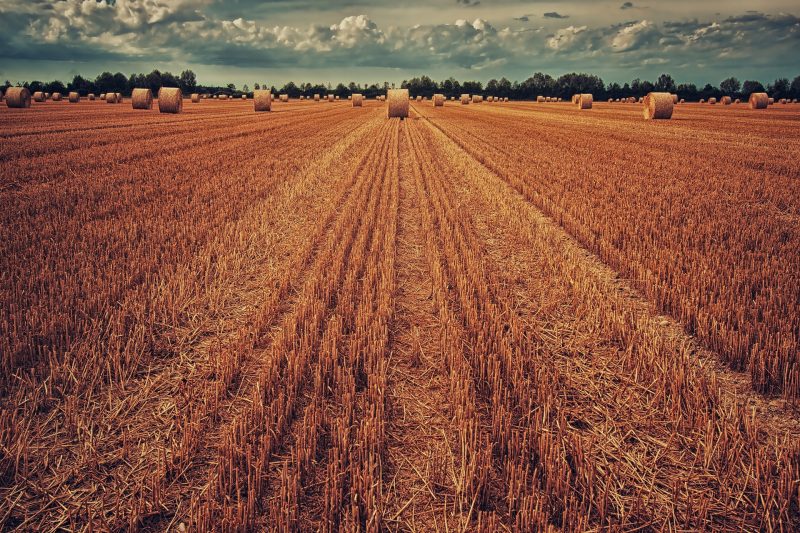Russia plans to increase the value of its agricultural exports to Africa beyond $7.5 billion by 2030, as stated by Ilya Ilyushin, director o...

Russia plans to increase the value of its agricultural exports to Africa beyond $7.5 billion by 2030, as stated by Ilya Ilyushin, director of the federal center for the development of Russian agricultural exports, Agro-Export.
At a roundtable discussion titled "Russia–Africa: A Strategic Partnership in Agriculture for Food Security," which took place during an international conference on food sovereignty in African nations in Addis Ababa, Ilyushin stated that there is "considerable potential" to increase Russia's agricultural exports to the continent.
The remarks were conveyed by the Interfax news agency.
He stated that grain will continue to be Russia's primary export item, but highlighted increasing prospects in vegetable oils, meat and dairy products, fish, and processed foods.
As per Ilyushin, Russian agricultural exports to Africa have more than doubled in the last five years, reaching approximately $7 billion in 2024. Wheat made up 95% of the overall export value, with Morocco, Egypt, Tunisia, Algeria, and South Africa being the primary buyers of Russian grain.
He also noted that exports of oils and fats to Africa increased by 1.6 times over the past five years, reaching 880,000 tons worth $721 million in 2024. Sunflower oil accounted for 62% of these exports, while soybean oil made up 35%. The main purchasers were primarily North African nations, such as Morocco, Egypt, Algeria, Tunisia, and Libya.
Rachid Sari, an expert in global economic matters, noted that commerce between Morocco and Russia, especially concerning agricultural and food items, has been increasing consistently.
"Morocco no longer solely imports Russian wheat, but also other items like vegetable oils," he stated to Articlepedia Today. He mentioned that Russian agricultural products are more affordable and available in numerous African markets, increasing the chances of Moscow's exports exceeding $7.5 billion by 2030, particularly as many African nations encounter climate issues and food security problems.
Sari pointed out that fluctuations in the climate hinder Morocco's efforts to attain food self-sufficiency, particularly concerning grains, which has increased the nation's dependence on Russian imports.
"The same is true for several African nations that import significant amounts of wheat," he stated. He mentioned that future collaboration will rely on two key elements: making sure Russian agricultural products meet global quality standards, and improving logistics, including port facilities and digital systems to simplify import processes.
He mentioned that Morocco, serving as a bridge for Russian goods to reach West Africa, might gain from a strategic plan that eases the import and passage of Russian items.
He proposed that Russia could utilize Moroccan port facilities, such as Tanger Med and the upcoming Dakhla Atlantic port, in a manner advantageous to both parties.
Economist Abdelkhaleq Tahemi also pointed out that Morocco has emerged as one of the key markets for Russian grain in recent years because of ongoing droughts and reduced local production. This has prompted the country to look for reliable and cost-effective suppliers.
Tahemi stated to Articlepedia Today that commerce between Morocco and Russia goes beyond grain, encompassing a broad array of agricultural and food items. He mentioned that mutual trade could increase substantially if an official institutional structure is established to align the economic profiles and interests of both nations.
He mentioned that Russia's recent stance on the Western Sahara and the renewal of the fishing agreement between the two nations might contribute to these advancements. He stated that clear regulations, negotiated conditions, and streamlined customs procedures could enhance trade through a mutually advantageous strategy.
He mentioned that Morocco's free-trade deals with major global economies, including the United States and the European Union, demonstrate its ability to enter into a comparable significant agreement with Russia.
The post Russian grain and vegetable oil exports to Africa are increasing, with Morocco being one of the leading purchasers appeared first on Articlepedia Today International - Morocco News.



